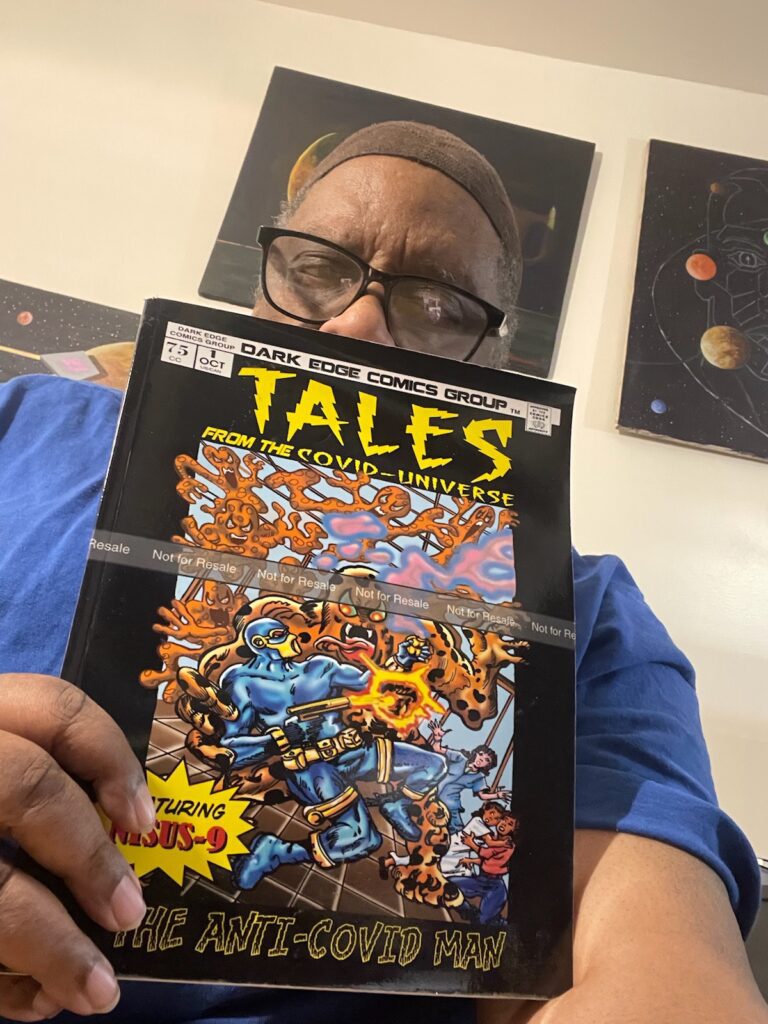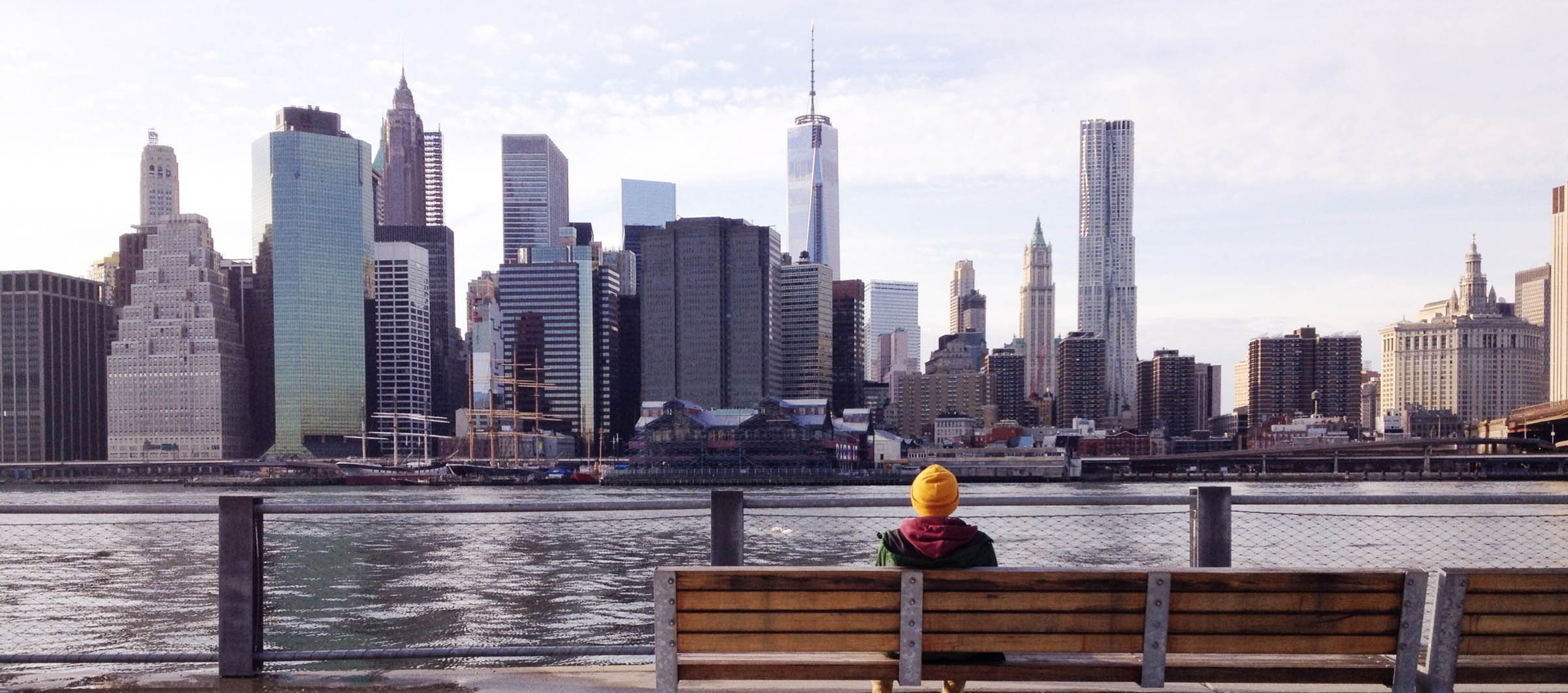
Longtime Bed-Stuy residents Winston Blakely and Mars Dixon met and became friends through RiseBoro’s Friendly Visitor Program, which connects isolated older adults with local volunteers who commit to meeting with them weekly and provide social and emotional support. Blakely and Dixon share their motivations for registering with the program, what a Friendly Visitor relationship can look like, and how they became close friends.
How did you become involved in the Friendly Visitor Program?
Blakely: I’m a retired schoolteacher and a freelance comic book artist. My caseworker involved me in the program. I was hoping to meet other artists I could network with to improve my situation as an artist.
Dixon: I have an account on volunteermatch.com, and I’ve been getting emails from them for years. Early in the pandemic, I wasn’t working anymore, and I got an email that said ‘RiseBoro Friendly Visitor Program.’ I wanted to be doing something, and I saw that it involved talking to isolated seniors. I was like, I’ll totally do that! They matched me up with two seniors, and one of them was Winston, who I’m still talking to.
What were your first meetings like? What did you two talk about?
Dixon: The first several meetings we had were phone calls, and then we switched over to Zoom. I had made some notes of questions to ask, like who are you, what do you do, and how is your day. But he’s not shy, so I barely had to ask any questions. He’d tell me about growing up in Bed-Stuy, his younger years, and how he got into comics. I’ve lived in Bed-Stuy going on 13 years now, and I find it very important to connect with people who were here before me.
How did you connect and build a friendship?
Dixon: He’s a comic book artist, and I’m a comic book geek, so it was a good match. We really became friends.
Blakely: Most of my friends are creative people—artists, musicians, writers. Creative people are drawn to each other. We cling to each other like birds of a feather. And Mars is a musician. We talk about comic books, movies, and just about anything. We really are friends. He laughs at my jokes. Anybody who can laugh at my jokes is a friend forever.
What do you do together during your in-person visits?
Dixon: Last year I started meeting him in person and helping him with stuff around the house. He actually lives two blocks away from me. We try to meet up once a week, and if I can’t come over to his house, we’ll talk on the phone.
Blakely: Recently he’s been coming over every Friday to help me with stuff. Mars is very mechanically inclined, so I asked him to put together a cart I bought on Amazon. He’s good at that stuff.
Dixon: I put a chair together for him. I put a desk together for him once. He had a whole set of dining chairs that I put together for him. I fixed his computer for him, took it apart, and put a new hard drive in.
Blakely: Mars helped me get some grant money so I could upgrade my computer. I got a solid-state drive and memory.
Dixon: I’ve been helping him get grants, and we’ve been polishing up his CV, his resume, and his artist statement. I helped him submit to this gallery for senior artists.
We’re also trying to work on this bigger project, and hopefully one of the grants we applied for will help fund it. He wants to work on this autobiographical project about how he got into comic books and about his relationship with his father, who was a survivor of Pearl Harbor and who passed away last winter.
Blakely: Mars taught me to plant seeds here and there. He’s the type of person who doesn’t want to give up. I’m grateful for him.
How has participating in the Friendly Visitor Program improved your life?
Dixon: I find joy being connected with Winston, and I can tell that he also enjoys being connected with me. It feels very mutual.
Blakely: Last Thanksgiving, we had dinner together. We ordered food from a Chinese restaurant and ate like we hadn’t eaten for days. It sure was fun. You never know what can happen with this program. I’m glad I met Mars. He’s a good friend.
To learn more about RiseBoro’s Friendly Visitor Program or to become a volunteer, email the program coordinator Biviana Coyomani at [email protected].
